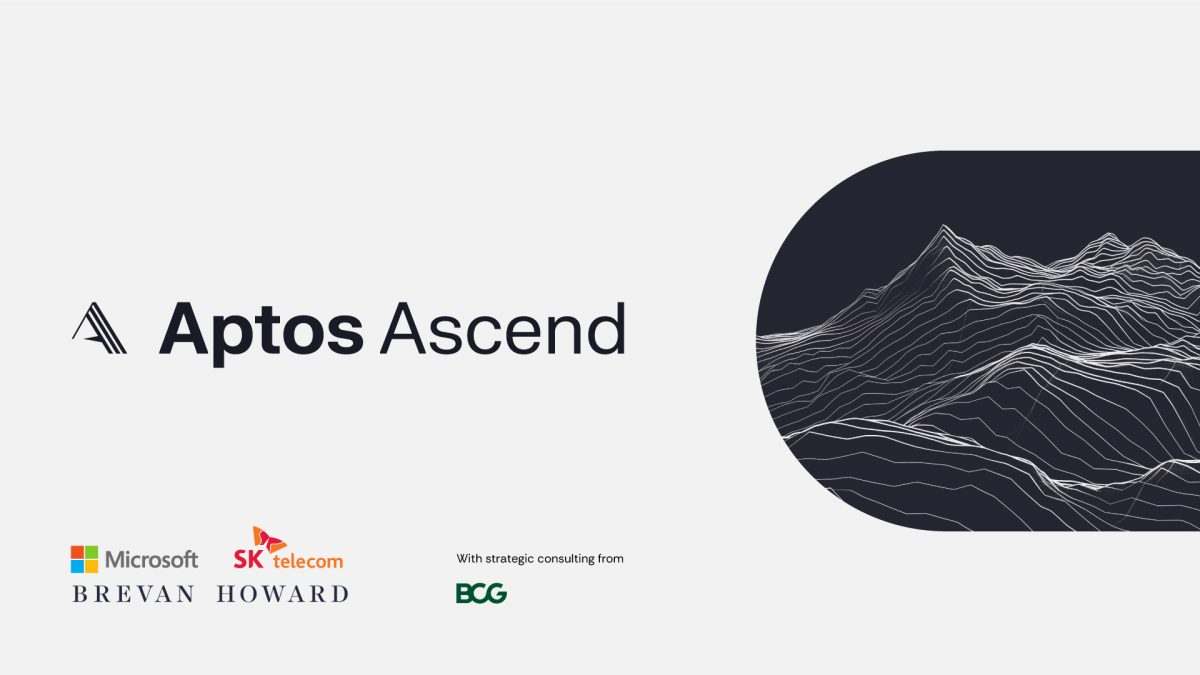What are crypto points?


"Crypto points" refer to a system web3 project use to assign value to certain behaviors. Web3 project developers may give out crypto points to gamify their protocol, aid with governance or voting, deter airdrop farmers and more. These points can be a bridge to a cryptocurrency payment or other rewards.
Often, crypto points are centralized; a specific web3 project is disseminating and tracking their point system rather than recording those points on a blockchain.
So far, at least 12 crypto projects have given out more than 40 billion points to thousands of users. Here's a look at what points are and why they're being handed out.
What are crypto points?
For the last few years, crypto projects have decided to suddenly airdrop tokens to those that had previously used their platform. This often resulted in a windfall for the recipients. However, this led to a large amount of airdrop farming, as speculators tried to create high levels of activity for projects they guessed might do an airdrop — in order to get a bigger share if it takes place.
Points are somewhat of an evolution of this trend. They can be used to incentivize certain activity, while keeping the control in the hands of the project's founders. If the founders wish, they might reward points holders with tokens if they do an airdrop, or they might not reward points holders at all. Why drop a token if the lure of a token is woking well enough?
There's also a regulatory angle too. Some projects may feel that giving out points is a way to incentivize activity ahead of a pending airdrop — without talking about it in advance.
What are crypto points for?
Cryptocurrency projects may implement a "points" system in various ways, depending on their specific goals and use cases. Here are several ways cryptocurrency projects might use a points system:
- Incentivizing activity: Cryptocurrency projects may use a points system to incentivize specific behaviors that benefit the ecosystem. For example, a project focused on decentralized file storage might reward users with points for hosting files or contributing storage space to the network. These points could then be exchanged for tokens or other rewards, encouraging users to participate in activities that support the project's goals.
-
Gamification: Some cryptocurrency projects incorporate gamification elements by introducing a points system to make interacting with the project more engaging. Users may earn points through completing tasks, achieving milestones or participating in community challenges. These points can be displayed on leaderboards or used to unlock badges or other virtual rewards, fostering a sense of competition and community engagement.
-
Bridge to tokens: In some cases, points serve as an intermediate step before users can acquire the project's native tokens. Users may earn points through various actions, and then convert or redeem these points for tokens at a predetermined exchange rate. This approach can serve as a way to distribute tokens more fairly or to incentivize early adoption and engagement before the full token ecosystem is launched.
It's important to note that the specific implementation of a points system can vary significantly between different cryptocurrency projects, and the utility and value of points within a particular ecosystem depend on the project's design and objectives.
Why are more web3 projects using crypto points?
A web3 project might choose to use crypto points for several reasons, primarily to incentivize user engagement, foster community participation and drive adoption within their ecosystem. These factors could include:
- Dissuading airdrop farmers: Airdrops are when a cryptocurrency project rewards early users by dropping tokens in the wallets of loyal users. Airdrop farming refers to the practice of strategically participating in cryptocurrency airdrops to maximize the rewards received, often without engaging in the project much further. Giving out crypto points through airdrops forces airdrop farmers to stay within the ecosystem to make those crypto points financially fruitful.
-
Incentivizing engagement: By offering points for various actions — such as interacting with decentralized applications, participating in governance, providing liquidity or referring new users — the project can encourage users to become active participants.
-
Community building: Crypto points can help build a vibrant and engaged community around the project. Users may be motivated to earn and accumulate points, leading to increased participation in community discussions, events and initiatives. This community engagement can contribute to the project's growth and sustainability.
-
Driving adoption: Offering crypto points as incentives can attract new users to the project's ecosystem. Those interested in earning points may be motivated to explore the project's offerings, leading to increased adoption of its services and applications.
-
Enhancing governance: Crypto points can be tied to governance rights within the project's ecosystem. Users who hold a certain amount of points may be granted voting privileges on governance proposals, giving them a say in the project's future direction and development.
Are crypto points the same as cryptocurrencies?
Crypto points are different from cryptocurrencies because the points do not have monetary value in themselves. In other words, a cryptocurrency like bitcoin will have a price and market capitalization, but crypto points won't.
Web3 projects must also assign and track the crypto points given out, as opposed to cryptocurrencies that are recorded on a decentralized ledger called a blockchain.
Examples of web3 projects using crypto points:
- Crypto wallet provider Rainbow gave out points for behaviors such as interacting with Ethereum, swapping assets using Rainbow and referring a friend to the platform.
- Friend.Tech, a web3 social networking app, supplies points to users to interact with the platform. These points could convert into tokens should Friend.Tech developers opt to do one.
- The NFT marketplace Blur gives points to users who list and bid on items, as well as lend their assets. An individual's points will determine what kind of reward called a 'Care Package' they receive, which includes items of different rarities.
Disclaimer: This article was produced with the assistance of OpenAI’s ChatGPT 3.5/4 and reviewed and edited by our editorial team.
© 2023 The Block. All Rights Reserved. This article is provided for informational purposes only. It is not offered or intended to be used as legal, tax, investment, financial, or other advice.



